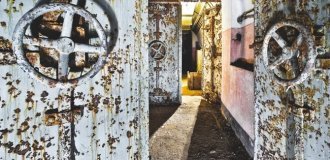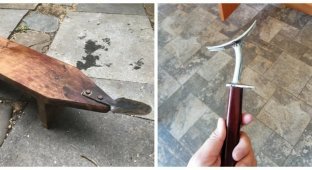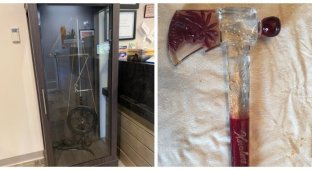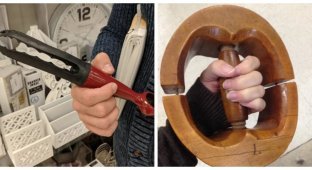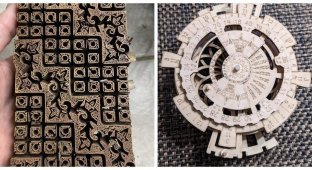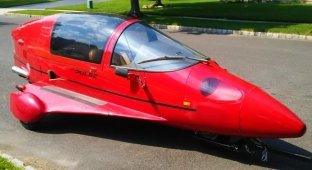What is this thing: the strangest finds. Issue 186
The world is full of things we know nothing about, including how they work and how they came to be. Thanks to technology, we now have all the answers and solutions suggested by members of various online communities. Take a look at these mysterious objects. 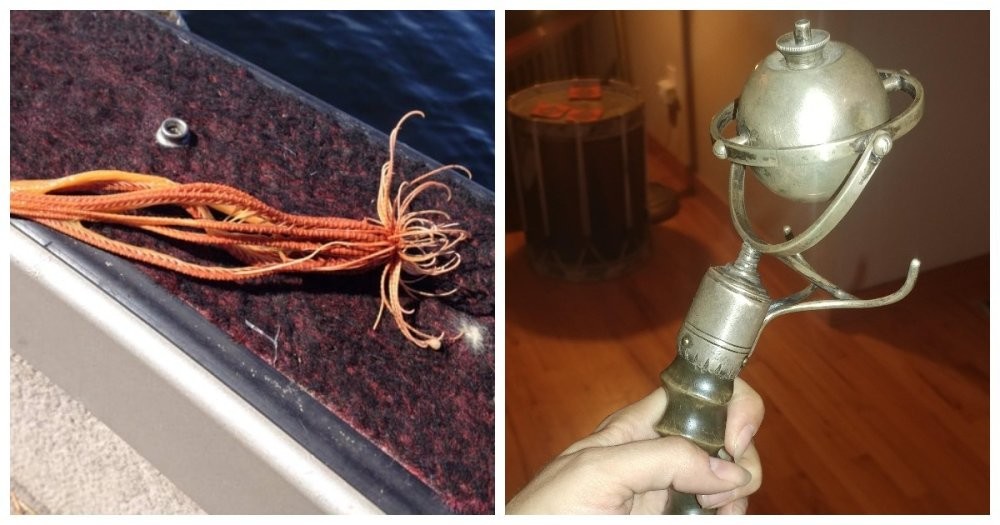
1. I came across this while crossing the street 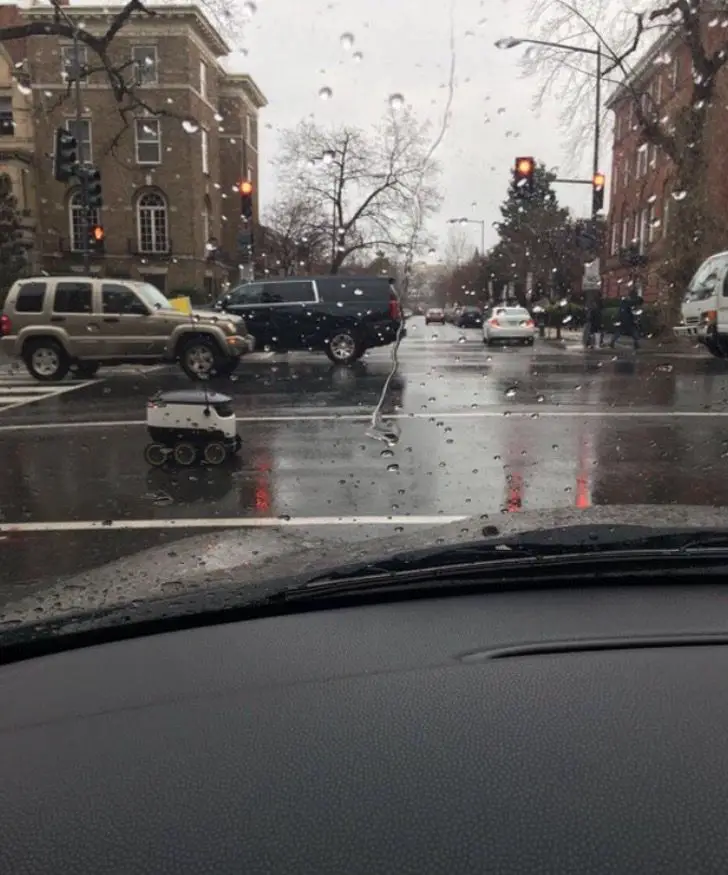
This is a semi-automatic robot that delivers food to your home.
2. I saw this medicine and the device inside 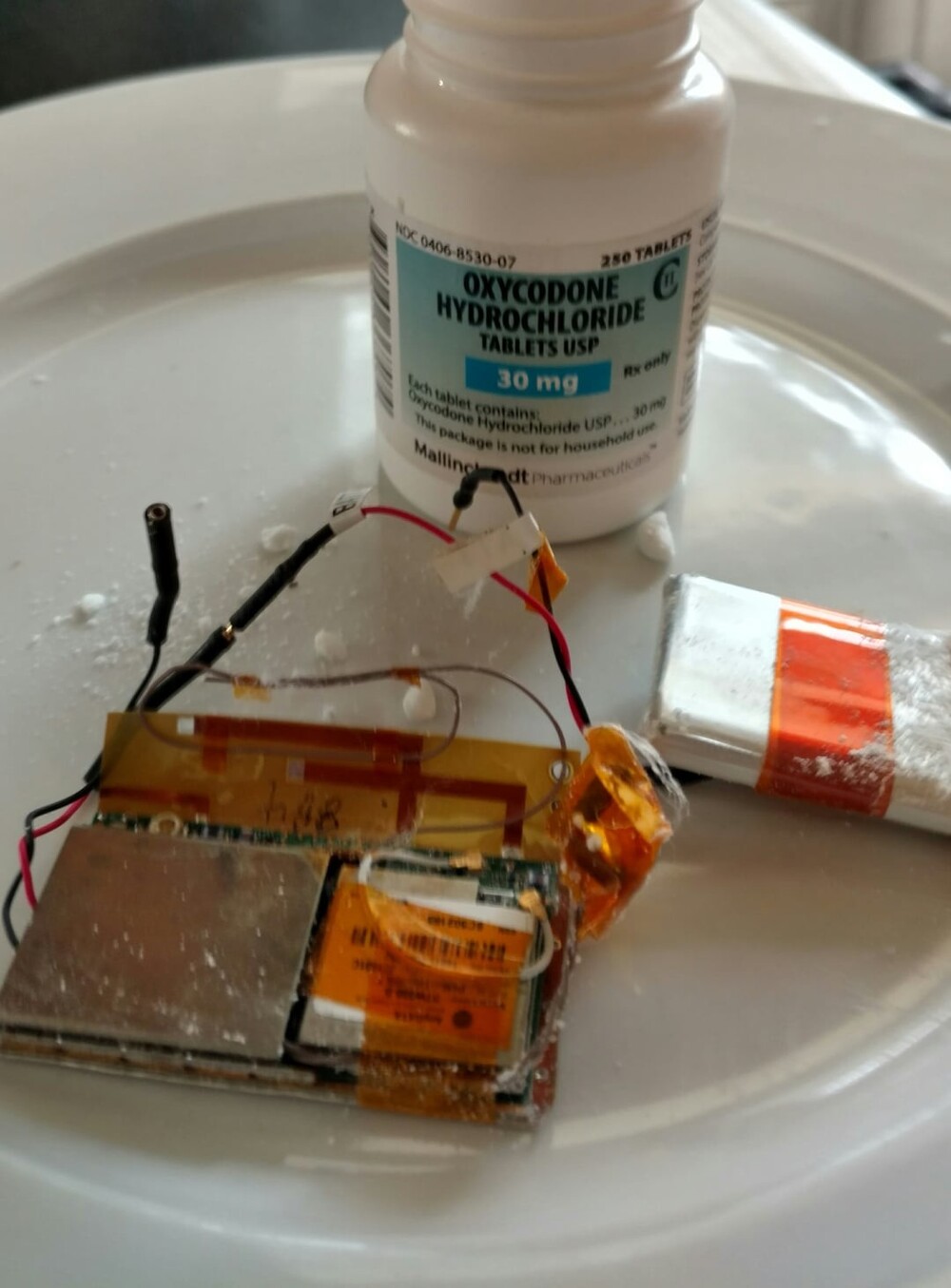
This is for control purposes, to track down drug thieves.
3. Does anyone know what this is? 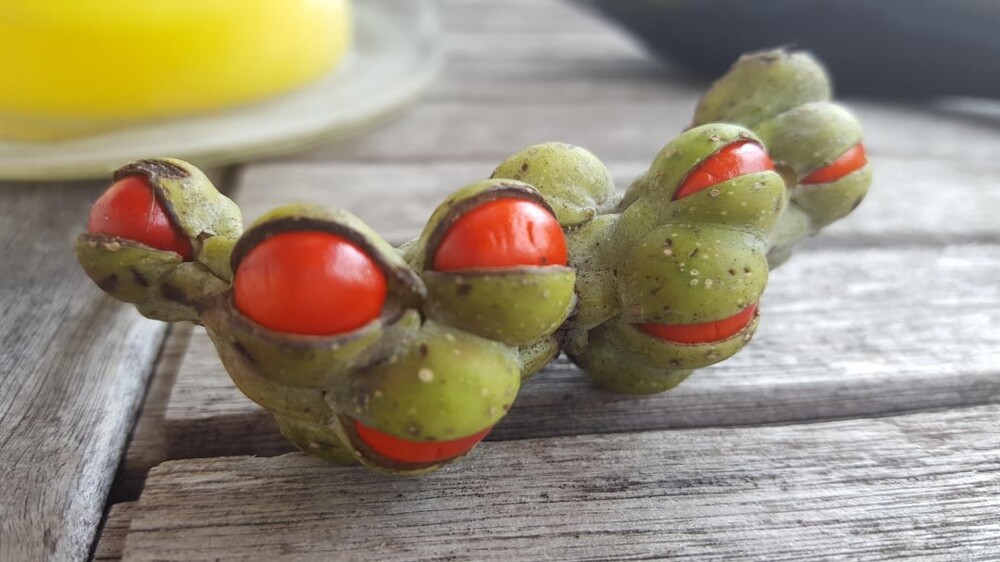
These are magnolia seeds.
4. This is a strange metal square embedded in stone 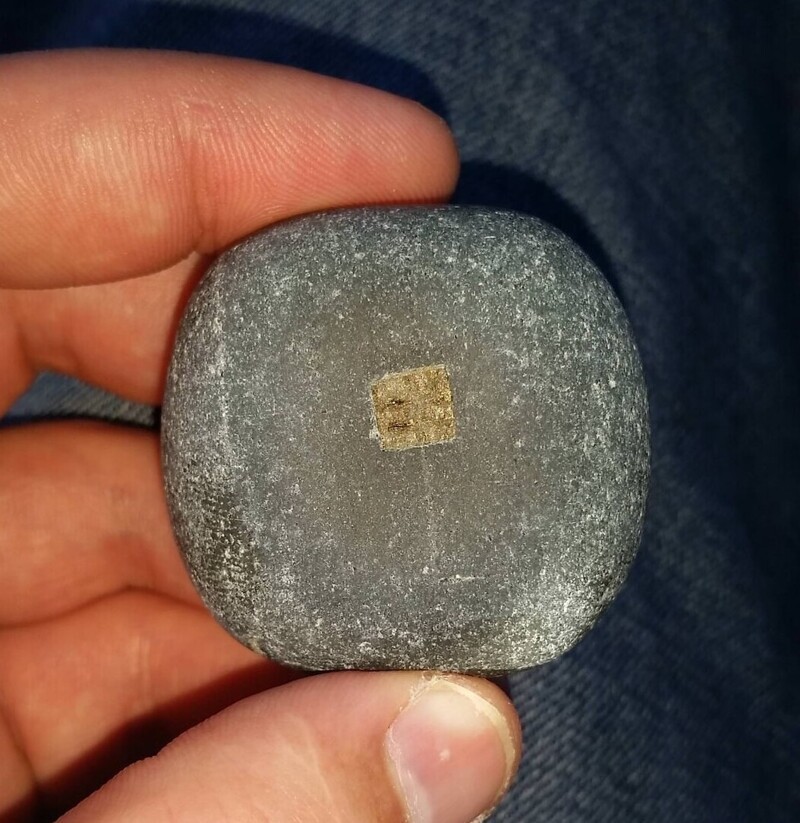
This is the mineral Pyrite, it is also called “Fool’s Gold” — a substance similar to gold, but worthless. Forms very beautiful golden crystals.
5. I caught this creature 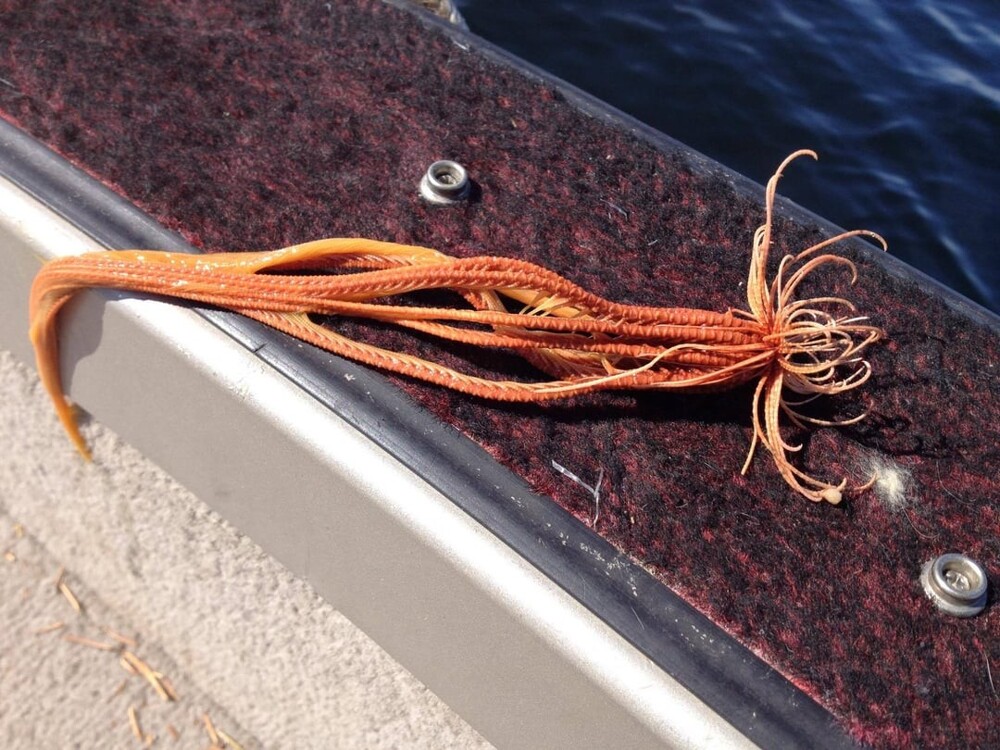
Sea lilies (or crinoids) — a class of marine invertebrate animals from the phylum echinoderms.
6. It is made of metal and the ball rotates, what is it? 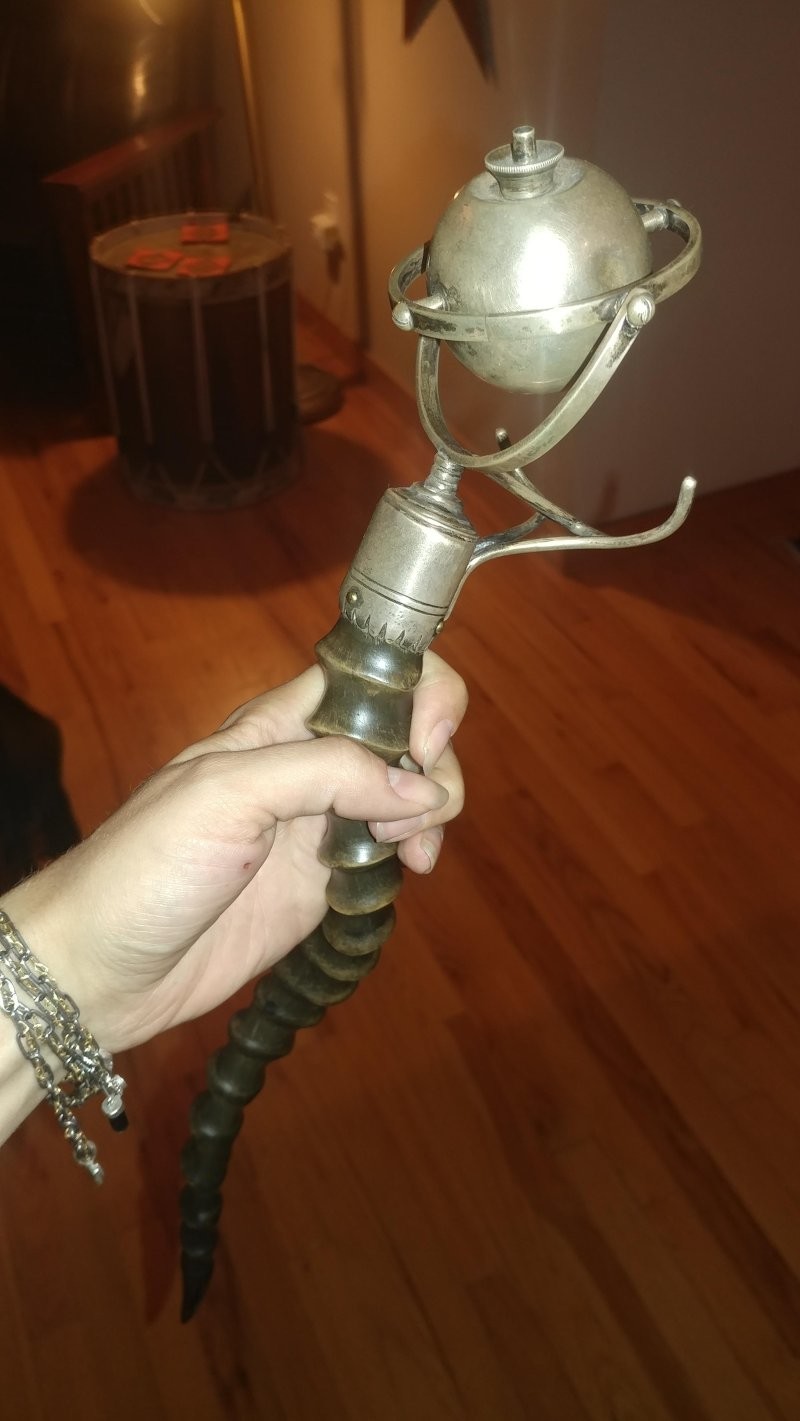
This is an intricate oil lamp mounted on a pendant. This screw on top is where the wick will come out when you fill the ball with oil or kerosene.
7. What is this on the patches? 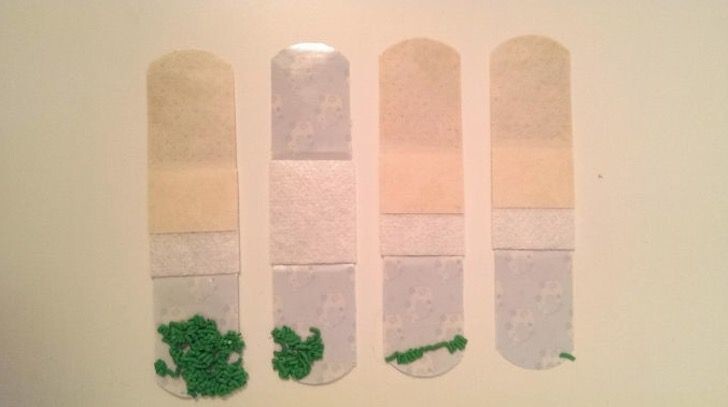
This occurs when the glue comes into contact with moisture in the environment, forming mold.
8. What are these circles on the windows of public transport for? 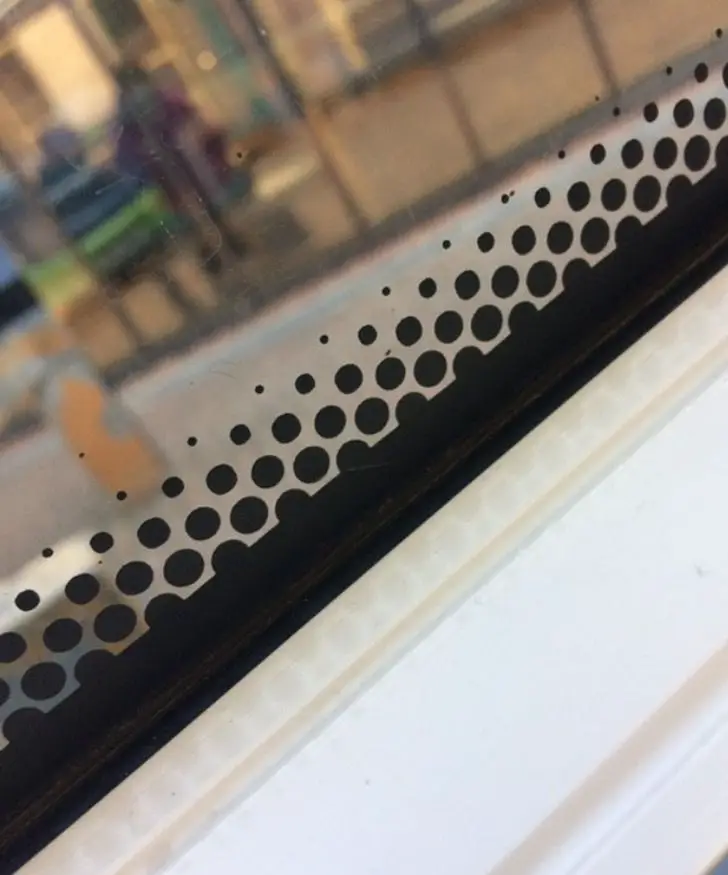
The black seal heats up faster than glass, which leads to manufacturing problems. Circles reduce temperature differences.
9. I found this in the kitchen 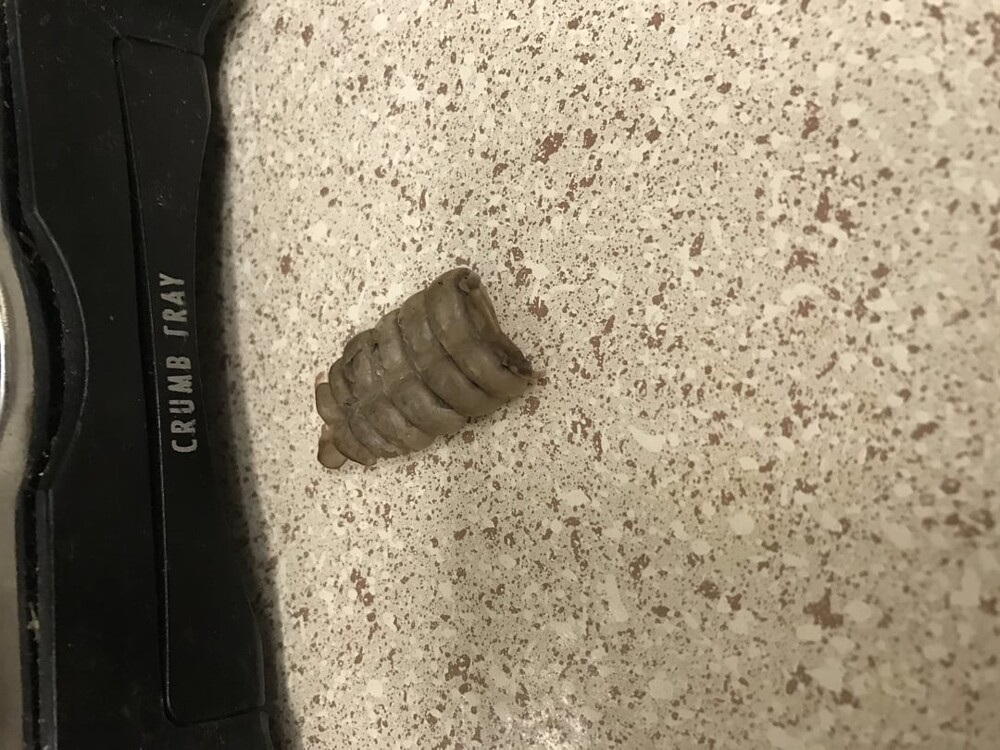
Bad news, it sounds like a rattlesnake's rattle.
10. What is this thing that grew on my carnivorous plant? 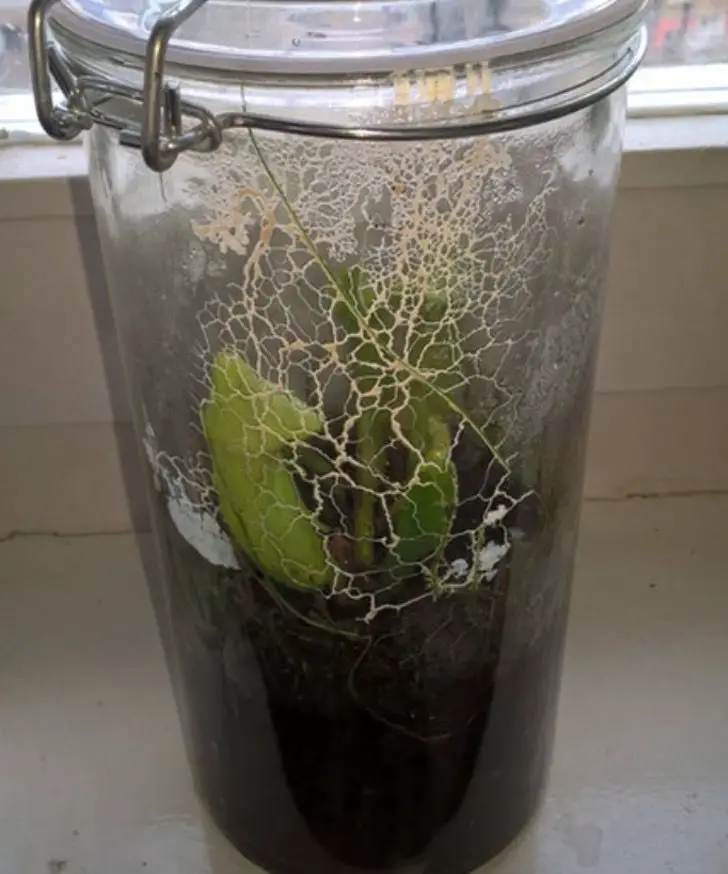
Slimy mold has grown on your plant.
11. Why purple sky? 
This is a house with energy-saving purple or pink LEDs. In cloudy weather they may look like this.
12. I found it on a beach in New Zealand. There were a lot of them on the shore, what are they? 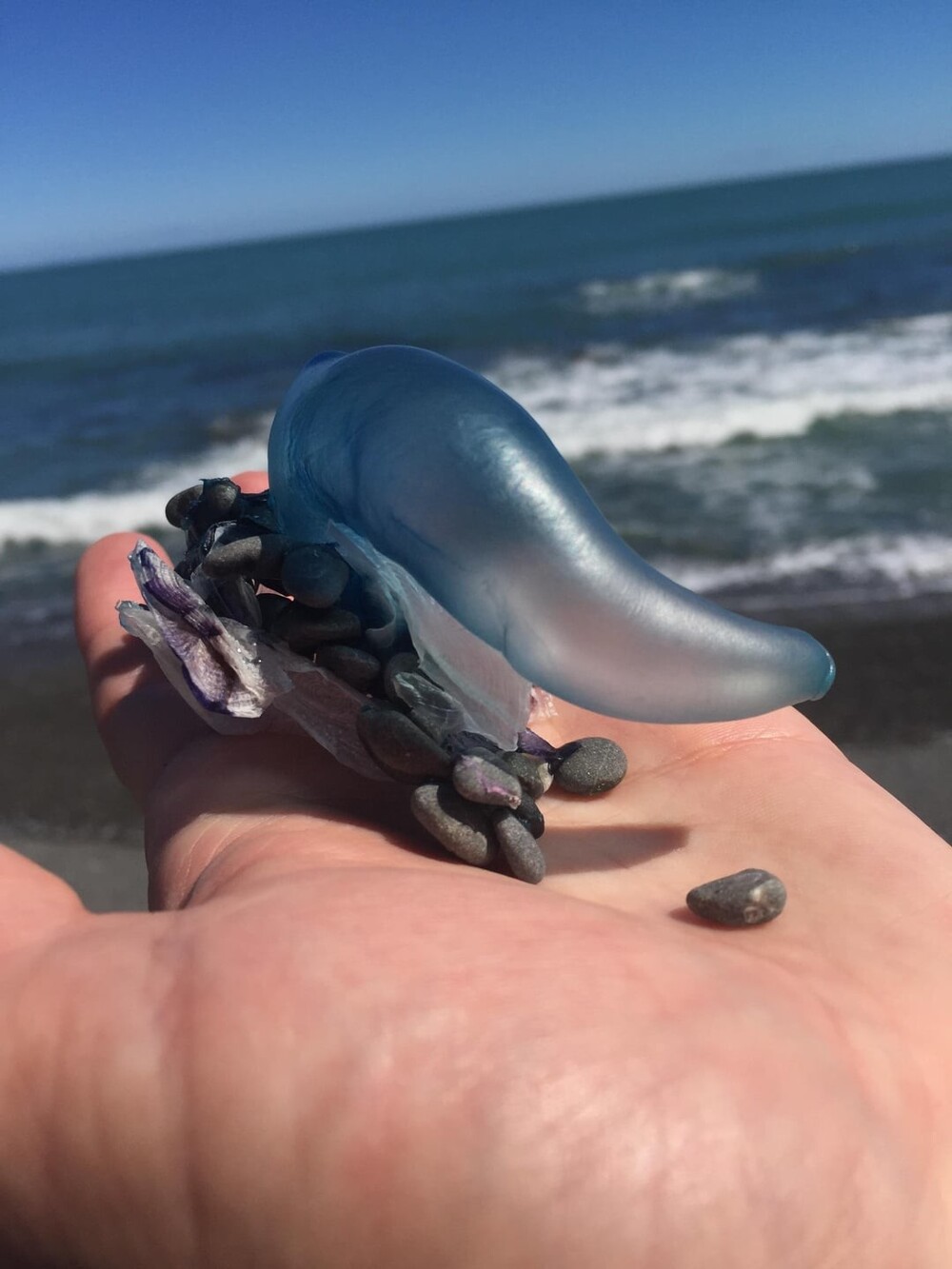
This is part of the poisonous Portuguese man-of-war or physalia. The body of the boat is a colony of so-called zooids - individual organisms that develop and spend their entire lives together. A bluish bubble with a purple or pink tint, or, scientifically, a pneumatophore, holds the entire colony on the surface of the water.







